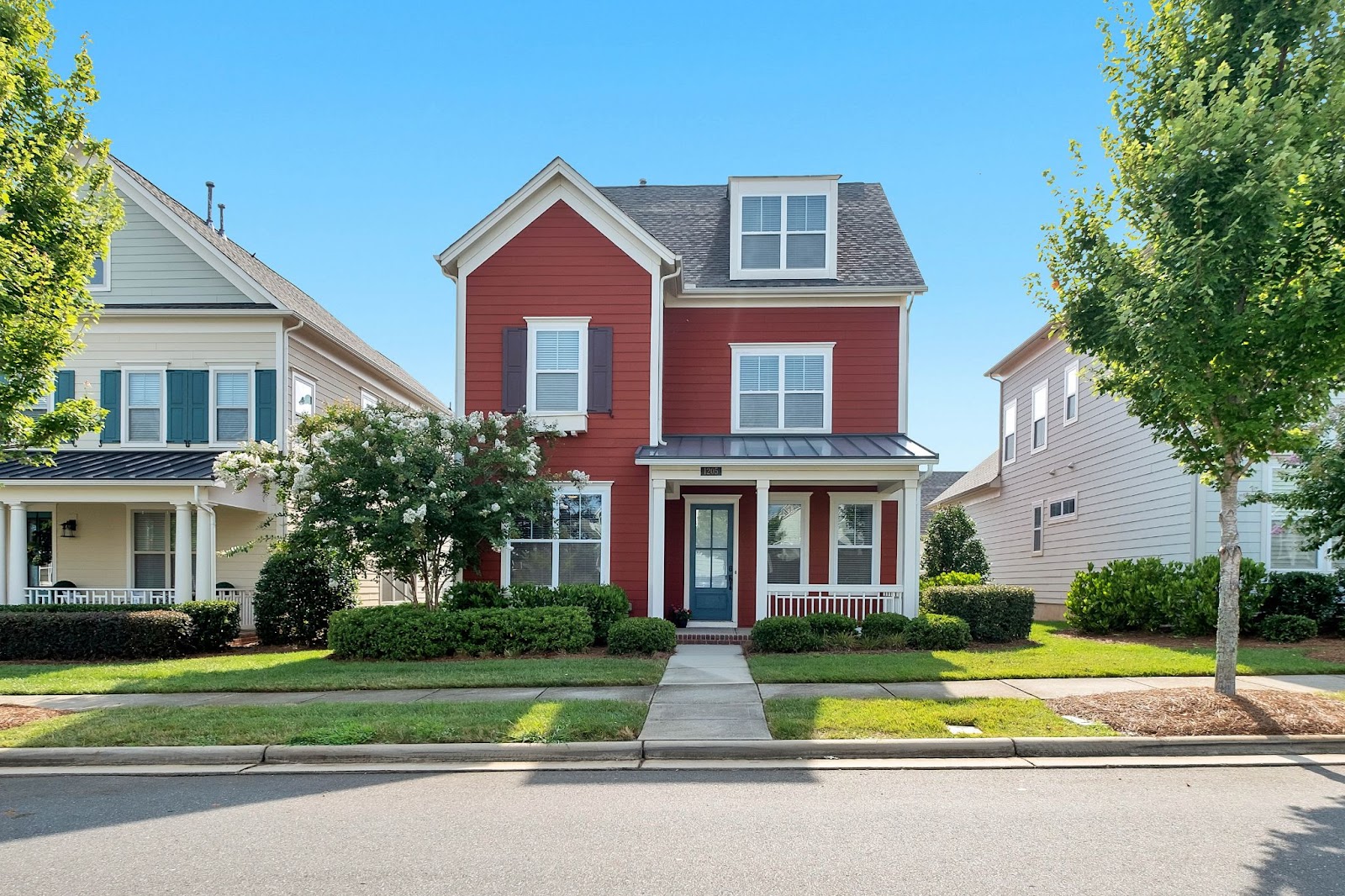Although it may seem counterintuitive, cash flow is not the be all and end all of investing in real estate.
“Everyone has such a cash flow mindset, and don’t get me wrong, cash flow is amazing and will help support a different lifestyle eventually, but making those dollars year-over-year is where the wealth comes from,” said veteran investor Lee Strauss of Strauss Investments. “If you have an extra $1,000 in your pocket every year, the return on investment is dismal and doesn’t even add up. But if you take $26,000 year-over-year, now we’re talking.”
Strauss is, of course, alluding to tenants paying down a mortgage’s principal balance for the investor while the latter rides the property’s appreciation.
“On average for a single-family dwelling, the principal pay down is going to be about $6,000 a year,” he said. “The other reason is you have an income-producing asset that is hedged against inflation, and that income-producing asset appreciates, on average, 5%.
“If you purchase a $400,000 property and it goes up by 5% in one year, that’s $20,000 in the first year. Five percent appreciation plus mortgage pay down, which you’re not paying and will be about $6,000, is $26,000 in one year.”
Mind, appreciation is a compounding factor.
“After year three, you’re at about $460,000 on an asset you bought for $400,000, and it’s been paid for by somebody else for three years, so now it’s worth more. After three years, the pay down is $18,000. That’s why people have always invested in real estate; they just didn’t know it.”
Laura Martin, COO of Matrix Mortgage Global and director of Private Lending Hub, notes that the process by which equity is built can be expedited in a couple of ways.
“The first process is by lessening the amortization period and increasing the payments of the mortgage in order to pay it down faster. This means there would be next to no cash flow, but there will be less money going towards interest payments on the loan,” she said.
“The second way is to ‘force’ equity in the home by making improvements that will drive up the property’s value. It’s referred to as ‘forced’ because it doesn’t rely on the external factors of appreciation caused by the real estate market.”
Martin adds that the extent to which an investor ameliorates the property should be determined by how far below market value they paid for it.
Mortgages have some of the best terms available of any loan type, says Martin, and that flexibility can be leveraged to purchase more properties.
“At an average of 3.5-4% on a fixed mortgage with down payments of around 25% and with amortization periods at 25 years—coming across such favourable financing terms with other investments is highly unlikely,” she said. “There is also leverage, in terms of using the asset as collateral, to finance other properties, thus making an increase in net worth more attainable.”
Neil Sharma is the Editor-In-Chief of Canadian Real Estate Wealth and Real Estate Professional. As a journalist, he has covered Canada’s housing market for the Toronto Star, Toronto Sun, National Post, and other publications, specializing in everything from market trends to mortgage and investment advice. He can be reached at neil@crewmedia.ca.









